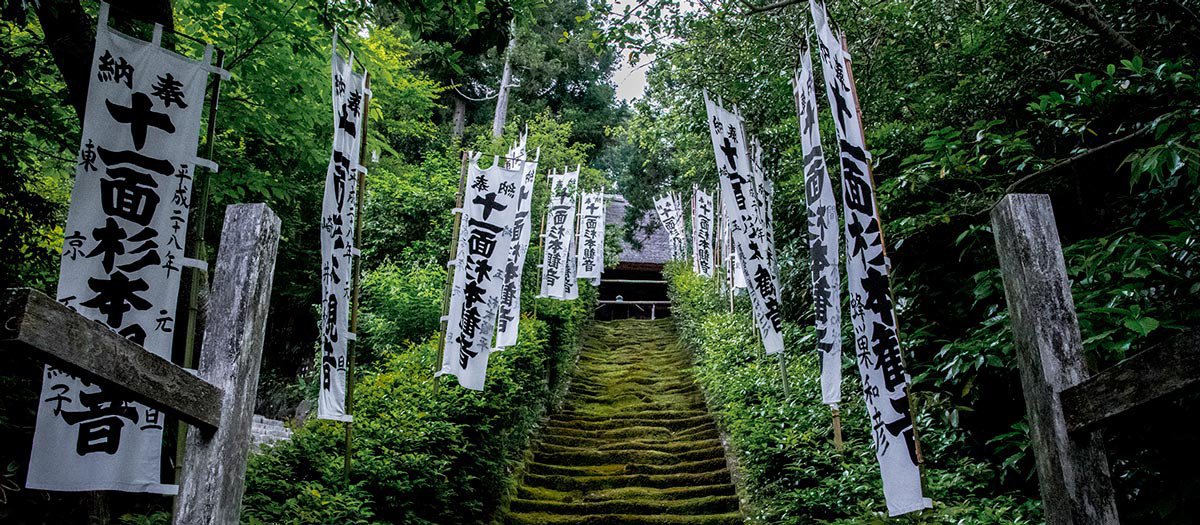Japan: In Search of Emptiness & Wabi Sabi
Mon, Feb 4 2019, 3:10PM - 3:45PM
1111 Eighth Street, West 2, San Francisco, CA, 94107 View map

Organized by
Summer Study Abroad 2019 Info Sessions
Event description
Most of us are familiar with the mainstream phenomena that has characterized Japanese pop culture for the past two decades. Manga, anime, and Kawaii (the Cute craze) are commonly known, but the true origins of Japanese aesthetics lie in the traditions of its two indigenous religions, Shintoism and Buddhism.
In Shintoism, it is believed that there are eight million gods or kami, residing in all natural things, who are attracted to voids or emptiness. Wabi-Sabi is the quintessential Japanese aesthetic born out of the Zen Buddhist acceptance of transience and imperfection. These basic tenets can be seen in Japanese art, architecture, design and landscaping and in ritual practices such as the tea ceremony.
The quest of this course is to explore Japan’s present-day capital, Tokyo, and its ancient capitals: Kyoto (794-1868), Kamakura (de facto capital 1192-133), and Nara (710-784), allowing students to discover, record, and interpret examples of traditional Japanese aesthetic values. While the focus of the visit is an investigation of Japanese aesthetic values, students also explore the compelling surface of Tokyo and Kyoto.
For the duration of their stay, the class lives in the question of what ties the old to the new.
After the first five nights in Tokyo, students travel by Shinkansen Bullet Train to Kyoto where they spend six days visiting Japan’s most exquisite examples of traditional gardens, temples, and shrines, along with a day trip to Nara, the oldest capital of Japan.
In Kyoto, students also visit the Gion, which evolved from the Middle Ages to become one of the most exclusive and well-known geisha districts in all of Japan, the setting of much of Arthur Golden’s novel Memoirs of a Geisha. Students then return to Tokyo for the final five nights.
The outcome of this course integrates narrative with visual images and may take any form including 2D, 3D, and time-based media. Final projects are evaluated on the quality of research, analysis, creative thinking, form giving, and craft. Collaboration is always an option.
Questions
Please see Frequently Asked Questions.
All CCA summer study-abroad courses are coordinated by the Office of Special Programs.
Office of Special Programs
Oakland Campus, Ralls 201
Nina Sadek
Dean of Special Programs
510.594.3773
Carol Pitts
Operations Manager, Special Programs
510.594.3732
Entry details
Open to undergraduate and graduate students